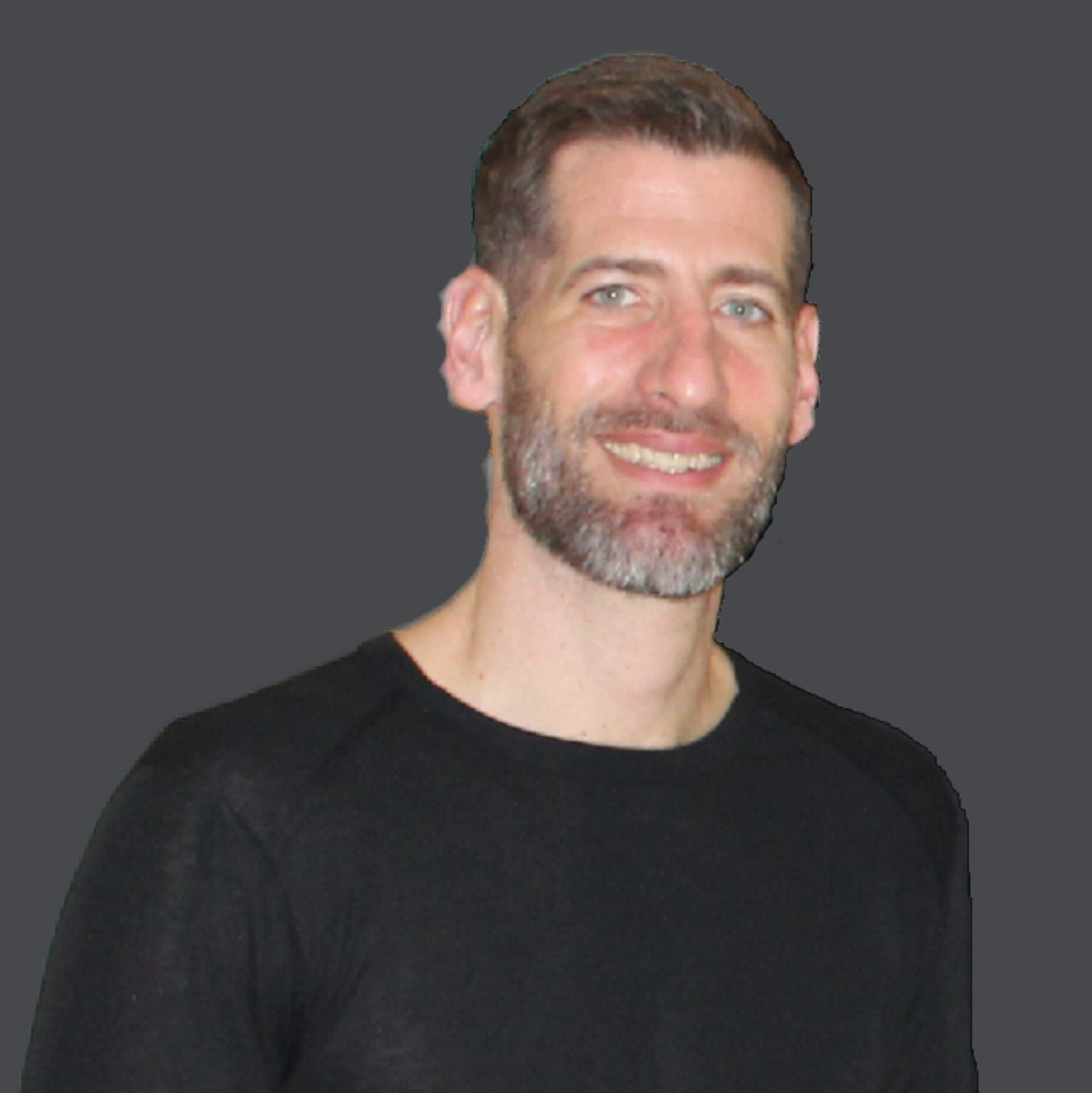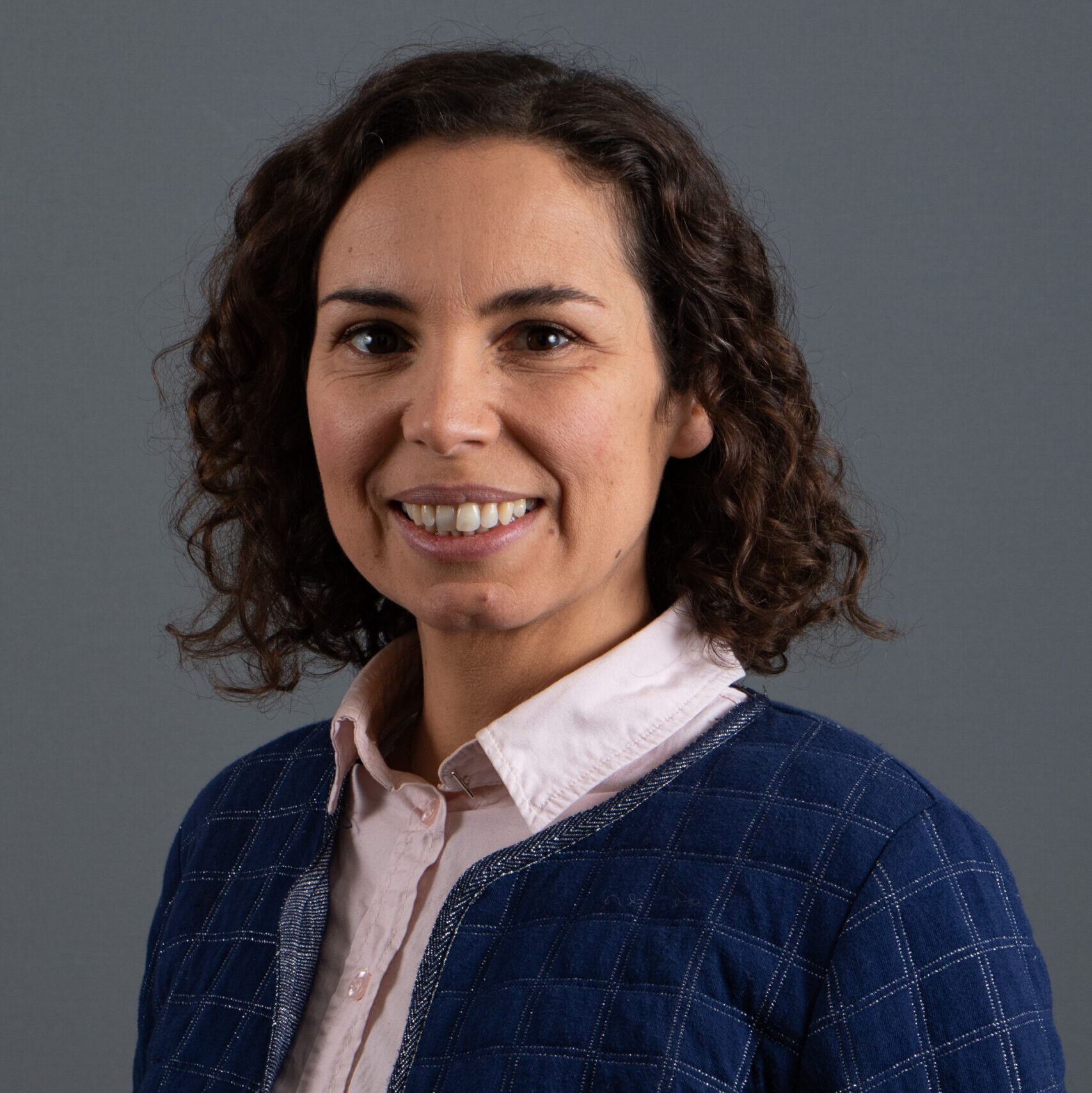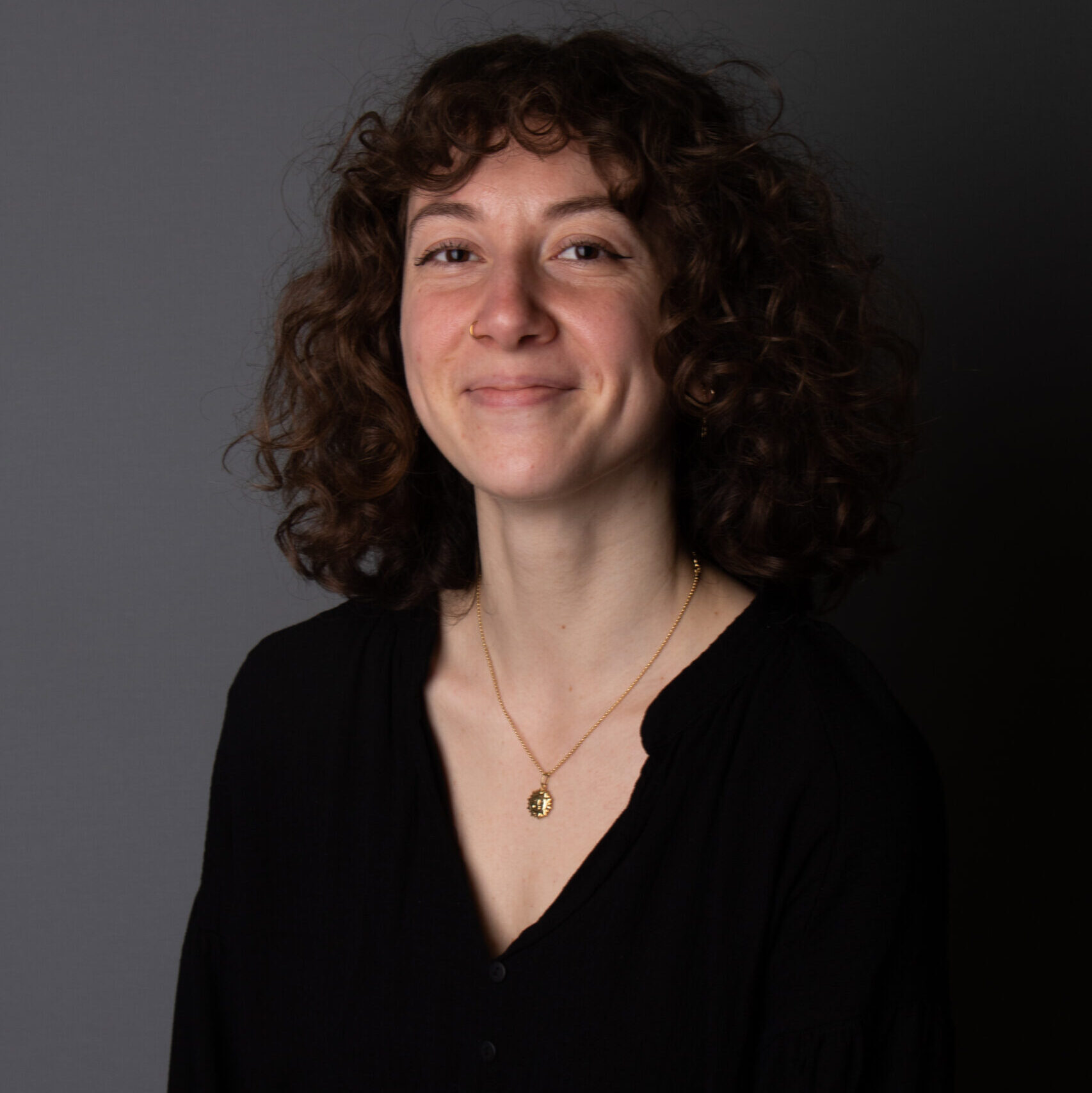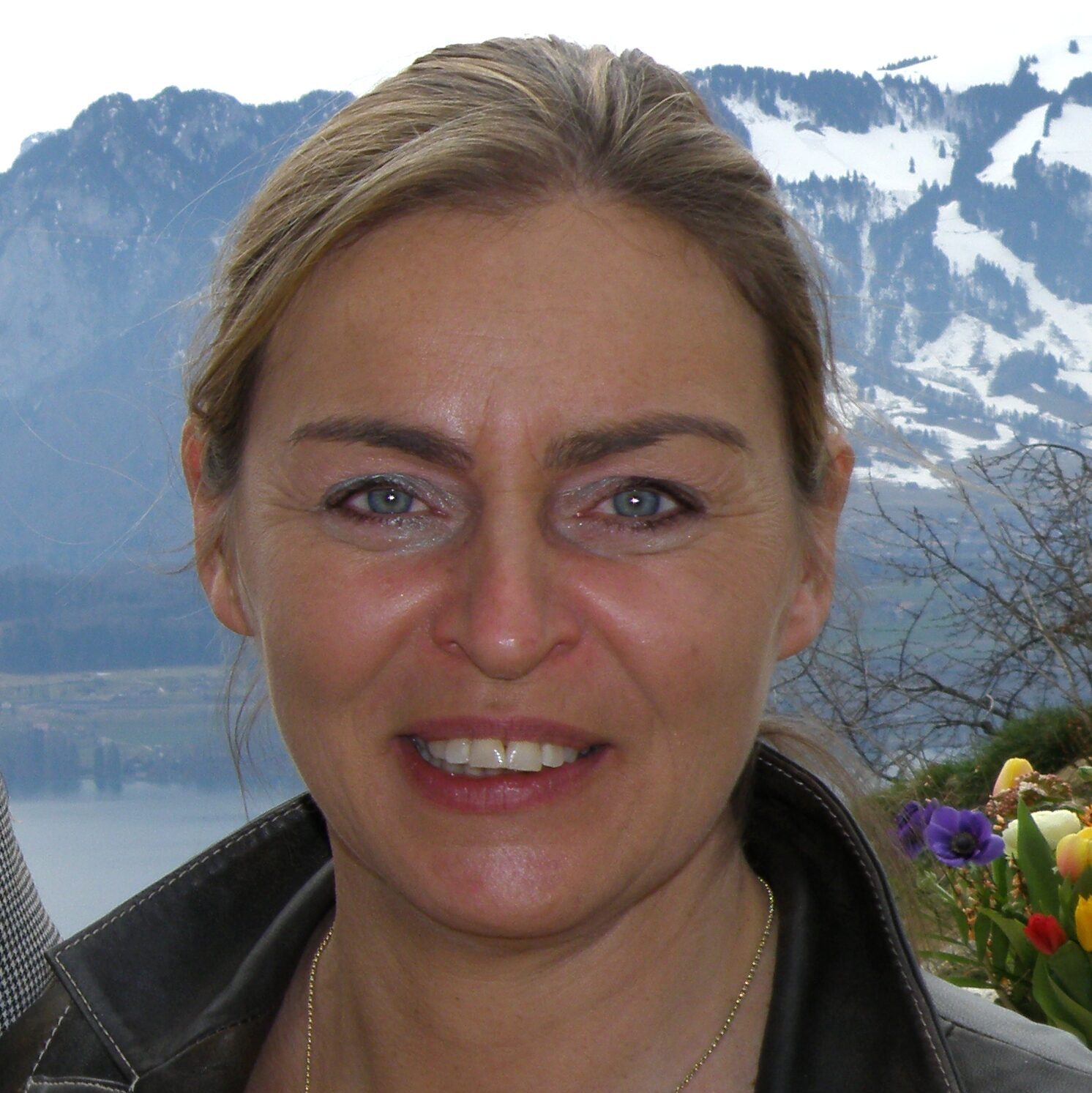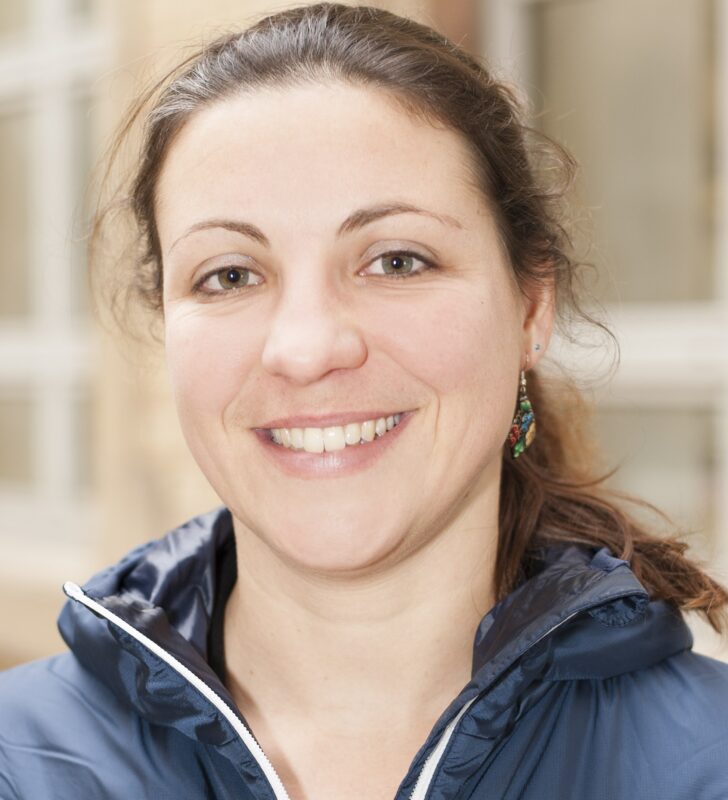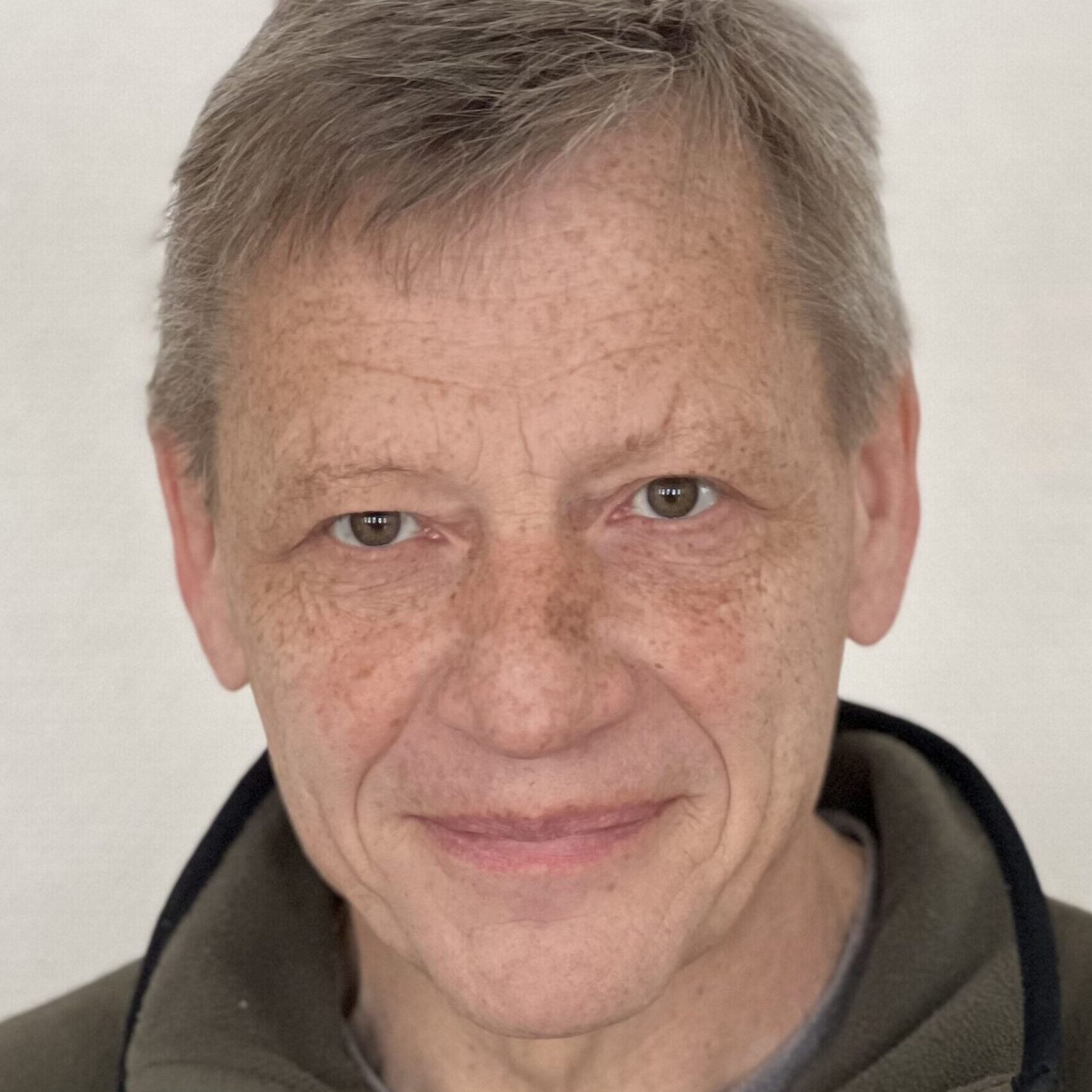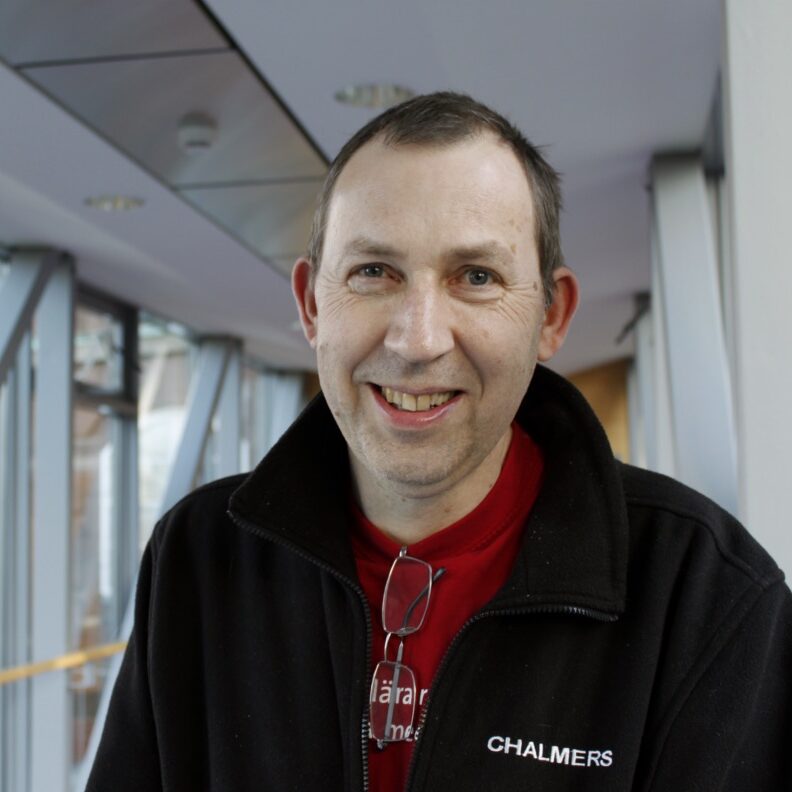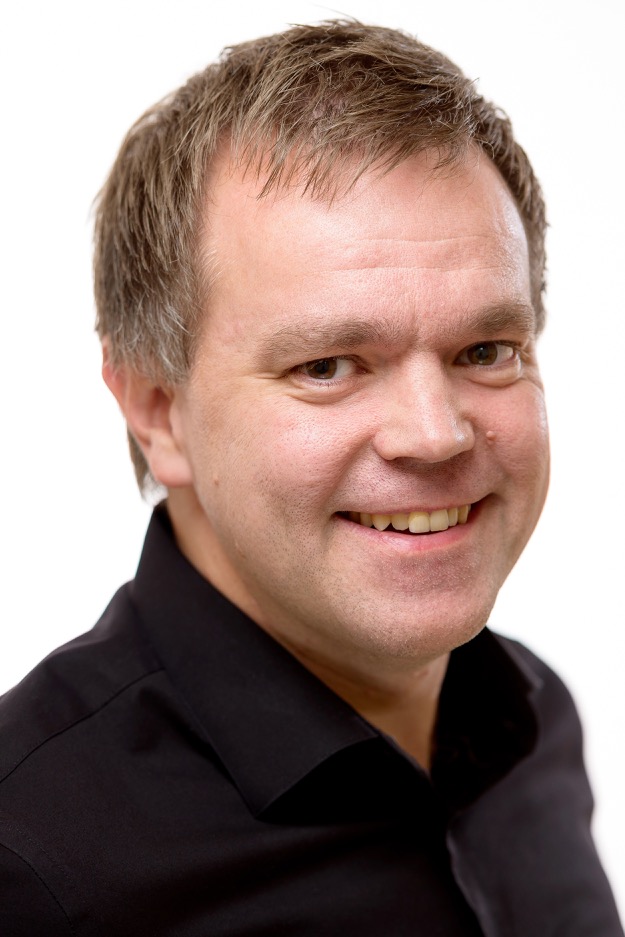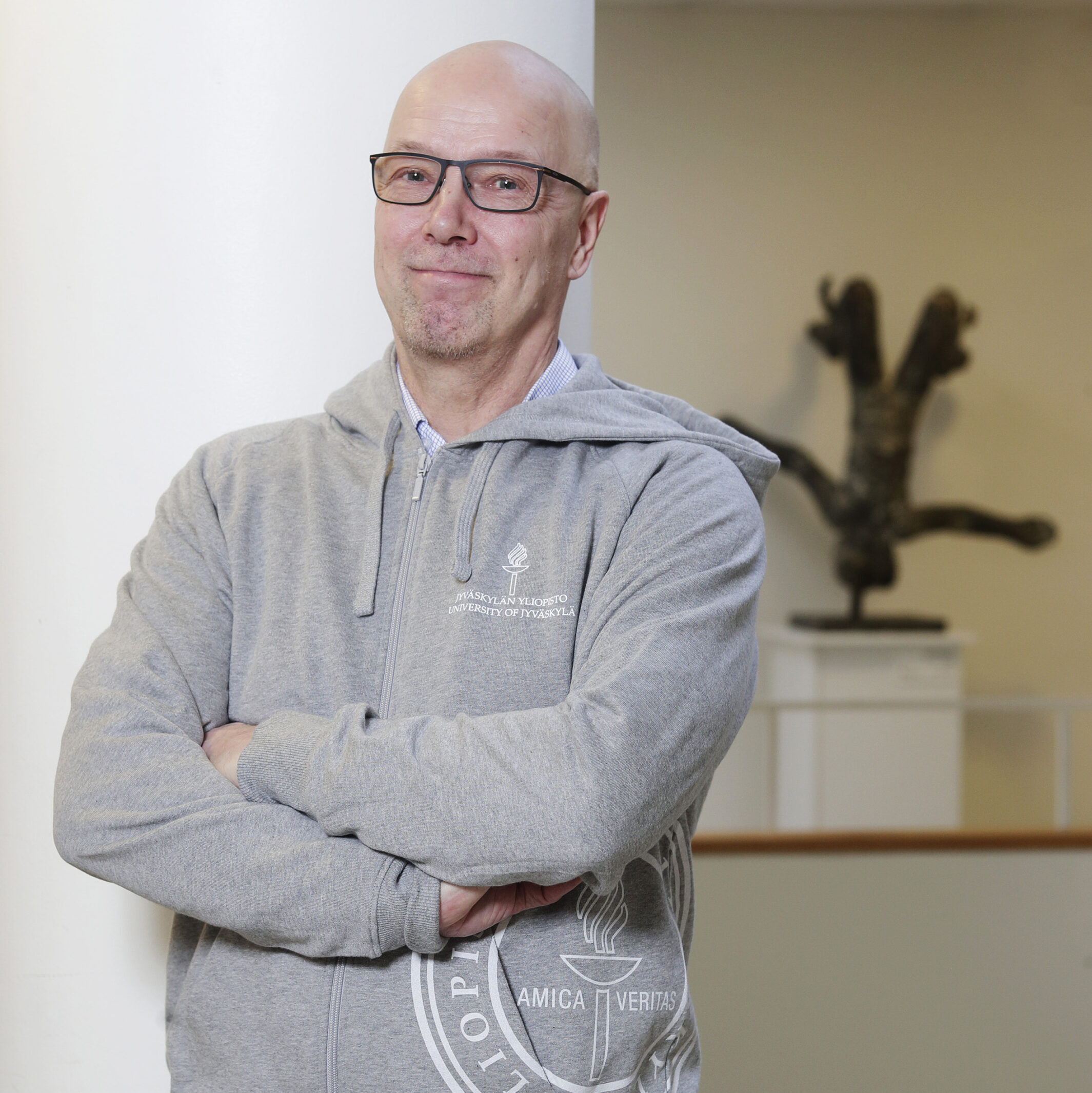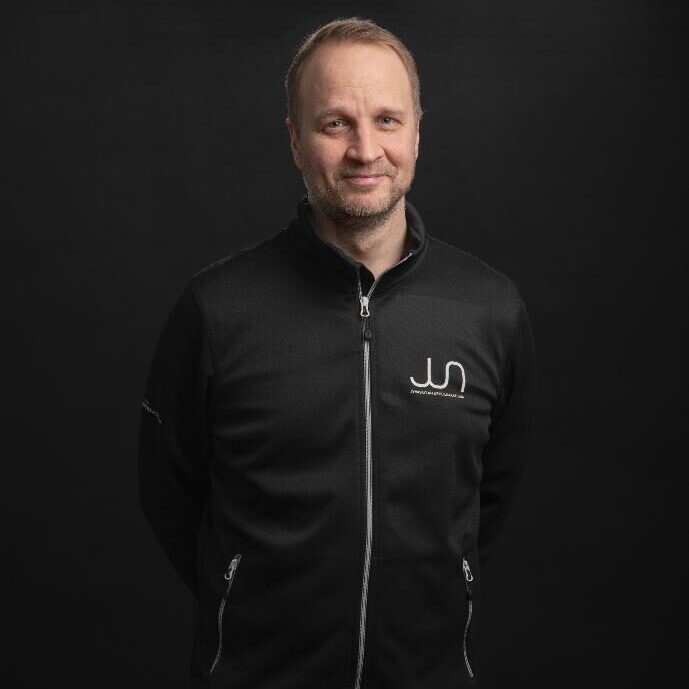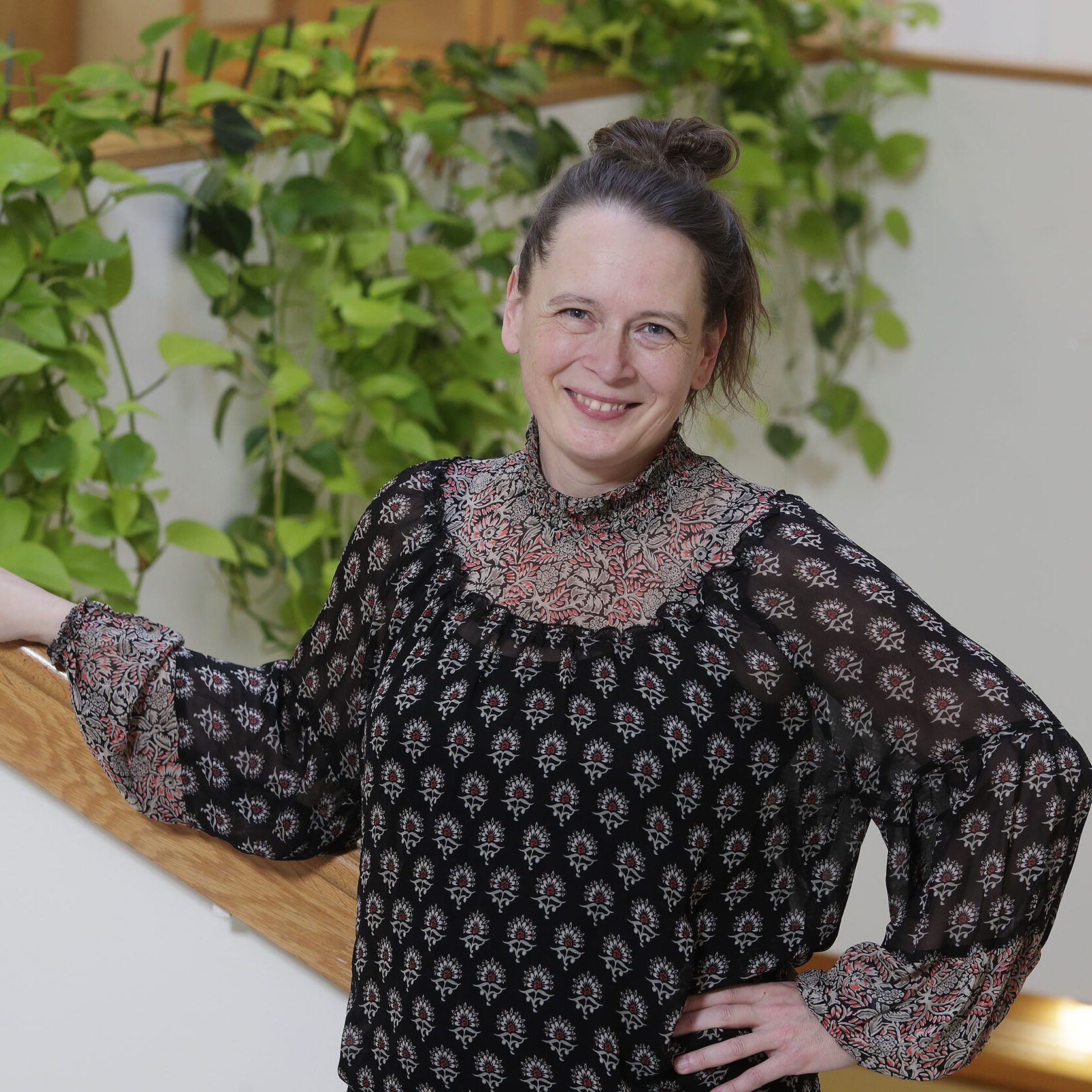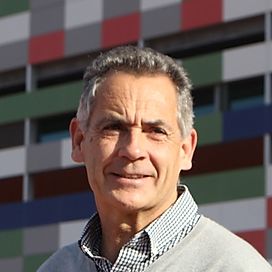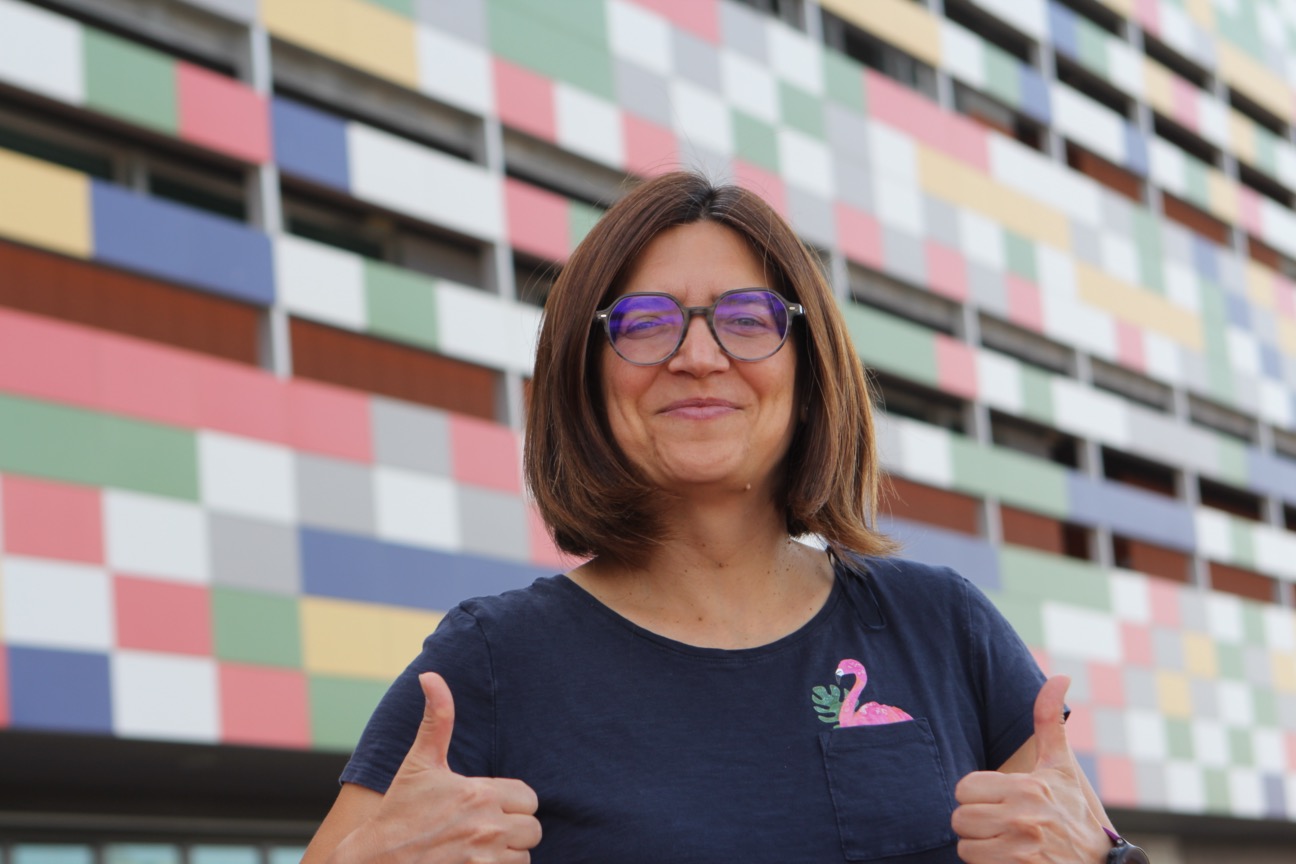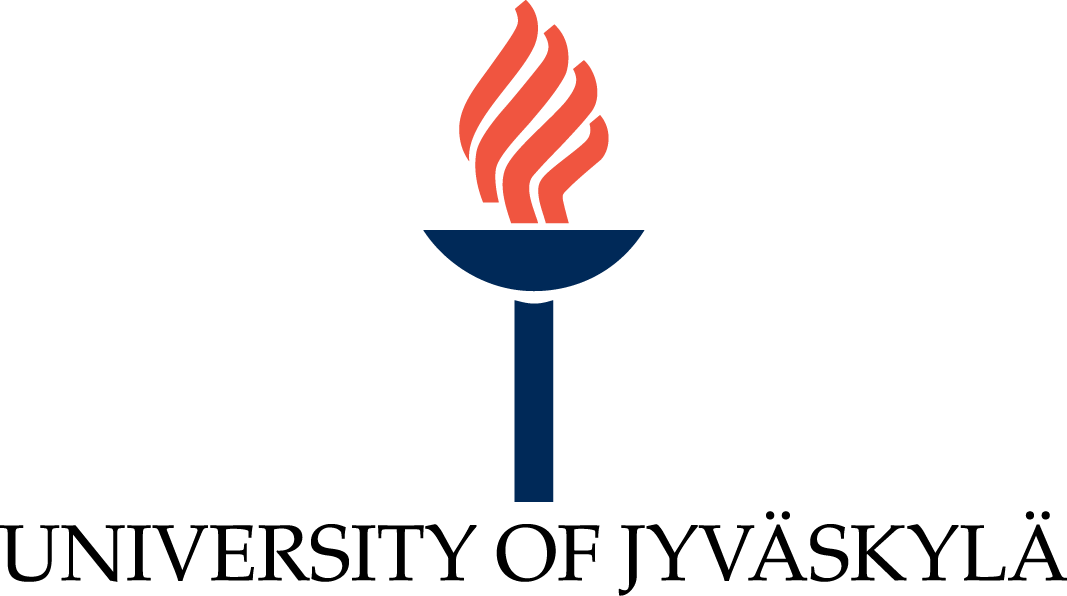Institut National des Sciences Appliquées de Lyon
France
INSA Lyon is ranked amongst the best French universities for sports and, as such, has obtained excellent championship results. Some students even qualify for European, World Championships and the Olympic Games.
At INSA Lyon, practicing sports is considered to be a crucial component of engineering studies as it contributes to personal development, creativity and openness. It also instils skills in our students, such as teamwork, the ability to adapt to changing conditions, and strengthens their taste for challenging work and risk consciousness.
During their five years of training, physical education courses (usually called ‘EPS’ in French) are part of our students’ schedule and are mandatory.
International students have the possibility to follow their French peers, choosing sports for ECTS credits. Otherwise, they may decide to practice them recreationally.
If international students are top-level athletes in their own countries, they can directly apply to be part of the top-level athletes’ section of INSA Lyon.
– Developing physical education and sports practice for all, throughout the engineering study cycle
– Getting students involved to be physically, mentally and socially healthy in a lasting way
– Encouraging students to take the initiative in sports organisations
– Developing openness in students by competing at international level
– Allowing a growing number of students to obtain their engineering diploma at INSA Lyon, while maintaining their sports practice at high level thanks to a personalized schedule
– Developing relationships with companies on specific topics such as management,
social relations and entering the job market
– Encouraging students to establish links between sports and health
– Fostering the development and incorporation of new behavioural skills
– Helping 25 top-level athletes to prepare for the 2024 Olympic Games in Paris
– Improving the school’s international relationships through sports
Karlsruhe Institute of Technology
Germany
The Karlsruhe Institute of Technology (KIT) is “The Research University in the Helmholtz Association.” As the only German university of excellence with a national large-scale research sector, we offer our students, researchers, and employees unique learning, teaching, and working conditions. The roots of the academic education institution extend all the way back to 1825. Today’s structure of KIT is the result of the merger of the Technical University of Karlsruhe and Karlsruhe Research Center in 2009.
Presently, more than 9000 people are working at KIT, of which more than half are conducting research in a broad range of disciplines from natural sciences to engineering, to economics, to the humanities and social sciences. This makes KIT one of the largest science institutions in Europe. Apart from excellent academic education and cutting-edge research, innovation is our central task. We do not only create and impart knowledge for the society and the environment, we also use this knowledge to develop applications for industry. It is our goal to help manage global challenges facing humankind by pioneer research contributions in the areas of energy, mobility, and information. Doing this, we attach high importance to permanent contact and exchange with society.
© DTU/Tatjana Scheidt
The KIT has been awarded “University of the year 2023” by the German University Sports Federation (adh). You can read the article here.
For more information about sports at KIT, follow this link: http://www.sport.kit.edu/hochschulsport/english
Chalmers University of Technology
Sweden
Chalmers University of Technology in Gothenburg conducts research and education in technology and natural sciences at a high international level. The university has 3100 employees and 10,000 students and offers education in engineering, science, shipping and architecture. With scientific excellence as a basis, Chalmers promotes knowledge and technical solutions for a sustainable world. Through global commitment and entrepreneurship, we foster an innovative spirit, in close collaboration with wider society. The EU’s biggest research initiative – the Graphene Flagship – is coordinated by Chalmers. We are also leading the development of a Swedish quantum computer. Chalmers was founded in 1829 and has the same motto today as it did then: Avancez – forward.
© Chalmers University of Technology. Photo by Per Thorén
Chalmers is one of Sweden’s National Sport Universities, and actively gives elite sports students with an approved sport federation certificate the opportunity for an individual study plan in his/her educational program. This applies both to the programme’s various sub-courses and to independent courses. This means that, to the greatest extent possible, the university offers students adapted studies in terms of lectures, pace of study and exams. We also provide support for career counselling, career transitions and career development. In addition, we aim to give students at Chalmers the opportunity to apply their knowledge in science on real-world sports-related problems through courses as well as thesis projects.
University of Jyväskylä
Finland
Our naturally beautiful campus is home to a dynamic multidisciplinary research university – an open and collaborative community of almost 2,600 experts and 15,000 students seeking answers to the pivotal questions of today and tomorrow.
Of all universities in the world, the University of Jyväskylä is among the top three percent and represents the best of the world in several of its disciplines. Our vision is to be a global leader in the study of learning, well-being, and basic natural phenomena, reshaping competence to build a sustainable society.
Our goal is to facilitate the student’s growth into autonomous, self-reflective, ethically responsible experts with a strong research foundation and the ability to participate in the professional and scientific community of their field. This is achieved by creating a dialogical learning environment, in which students and teachers collaborate in learning encounters and research projects. Students’ growth into active participators in community and societal development is promoted.
Universitat Jaume I
Spain
The mission of the Universitat Jaume I, through the Sports Service, is to promote the practice of sport and physical activities in order to favour the integral development the university community and its environment.
In this way, the Universitat Jaume I aspires to be a university of reference, with its own identity, enterprising, creative and committed to the construction and progress of the society.
The common denominator for this mission is physical activity and sport aimed at promoting education, socialisation, health and integration. In short, an improvement in the quality of life and an environment that favours human expansion in all its breadth.
The Universitat Jaume I, through the Sports Service, is positioned on the national scene as a university of reference, where physical and sporting activity is integrated transversally in its university community and in the society that surrounds it. To this end, it has 95,000 square metres of sports infrastructures that aim to stimulate the development of its programmes and management based on quality criteria. This quality is accredited by ISO9001:2008 management models and service charters that demonstrate its transparency and social commitment.
- To carry out a wide-ranging programme of health, sports, training and competition activities available to the entire university community and within the university campus.
- To give access to the university community a set of facilities in optimal conditions for the practice and training of a wide range of sports.
- To promote sports through the Dual Career Top-Athletes Programme and help top-athletes to combine their studies with their sport.
- To increase the international reputation of the Universitat Jaume I in sport.
- To consolidate the accreditation of the Sports Service in standardised quality management models.
